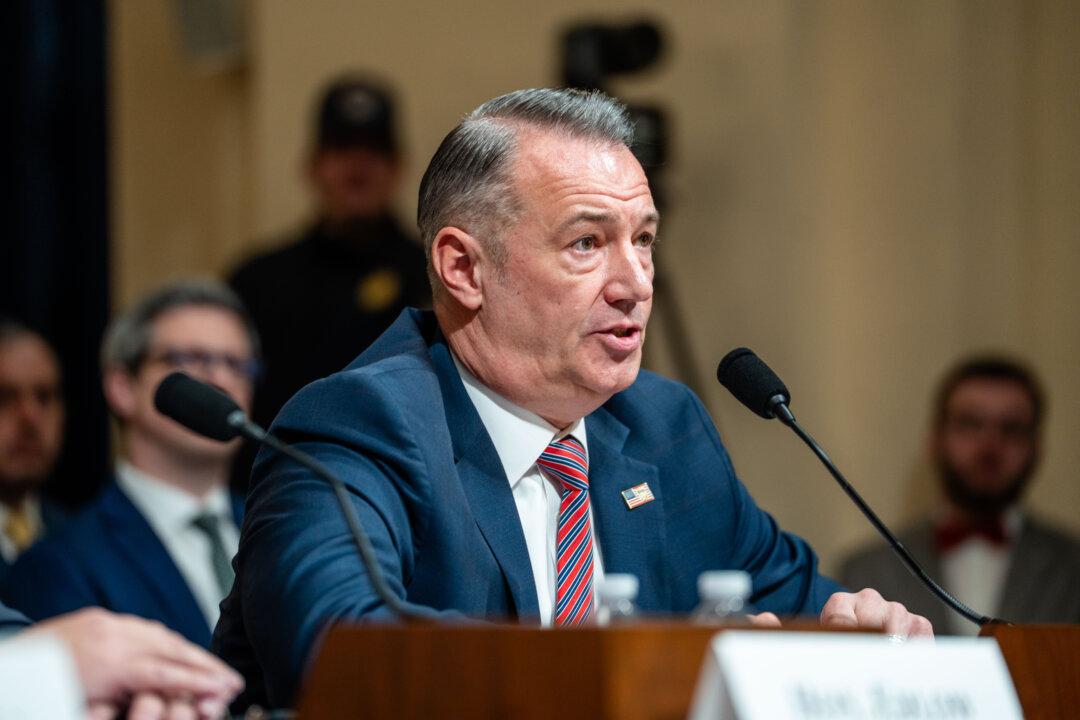Retailers reported a record number of holiday shoppers hitting the stores in person and online during Thanksgiving weekend, but a looming rail strike threatens to scuttle some remaining sales, the National Retail Federation reported Nov. 29.
More than three-quarters of consumers—nearly 197 million—said they shopped over the Thanksgiving holiday weekend, up 6 percent since 2021. The numbers outpaced the retail federation’s forecast by more than 30 million.





